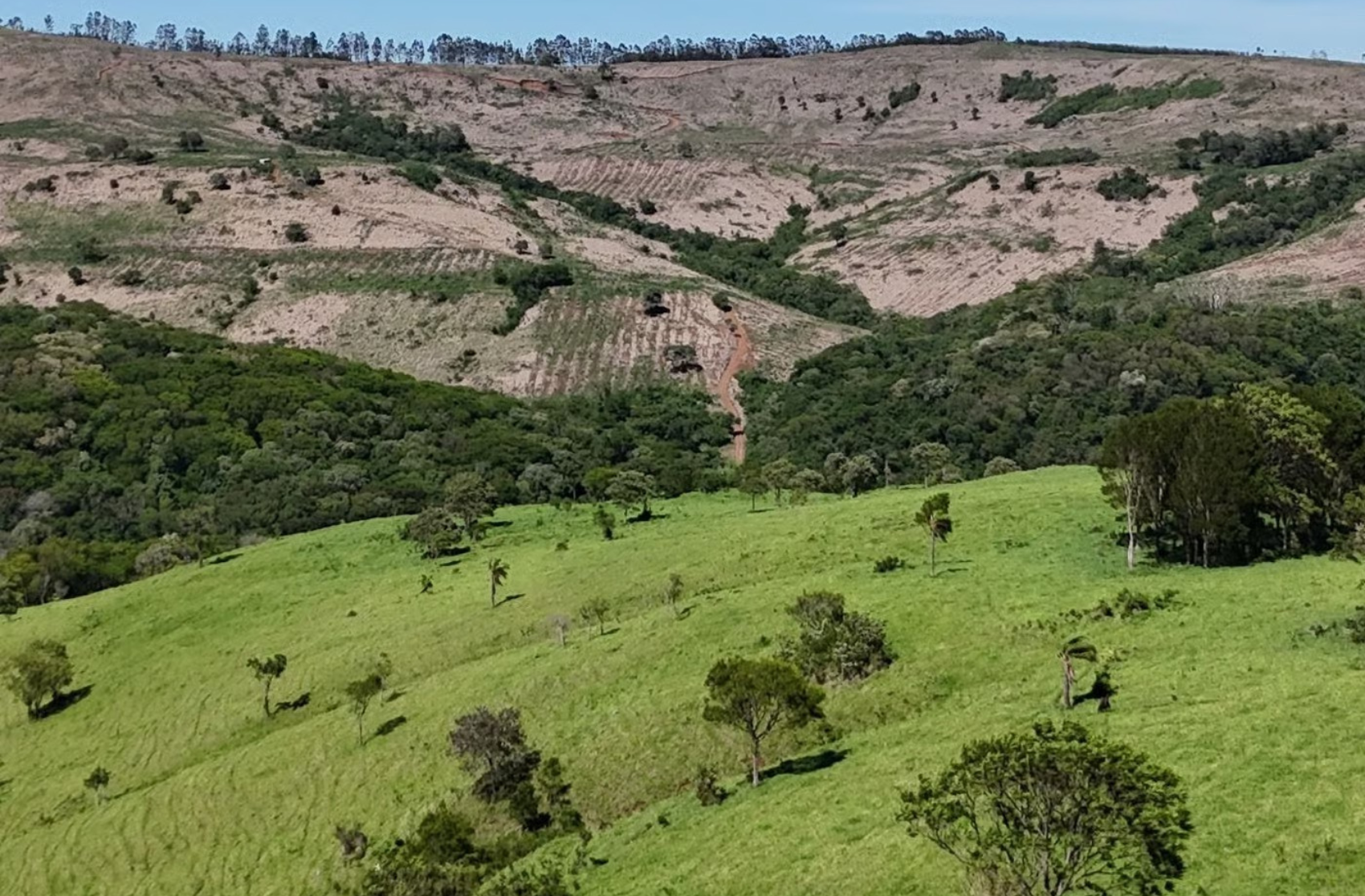
IKEA has announced a major new forest investment in Brazil as part of its 100 million euros (US$ 115.9 million) plan to support climate action. The initiative aims to remove and store carbon by restoring forests, protecting nature, and managing land responsibly.
The project focuses on the Atlantic Forest biome in the Brazilian states of Paraná and Santa Catarina. This area is one of the most threatened ecosystems in the world, with only about 13% of its original forest cover left.
IKEA and its partner, BTG Pactual Timberland Investment Group (TIG), plan to restore and manage around 4,000 hectares of degraded or low-productivity land. The work will include restoring natural forests, reforesting degraded areas, establishing responsibly managed pine plantations and protecting biodiversity and water resources
These efforts are expected to help remove significant amounts of CO₂ from the atmosphere, as forests are one of the most effective natural tools for carbon capture.
IKEA says this project will serve as a test to build a scalable model that can be expanded over time. The long-term goal is to show how conservation, restoration and productive forestry can work together to support both the environment and local communities.
Ulf Johansson, Inter IKEA Group’s Global Head of Raw Materials, said the company wants to lead by example in responsible forest management not only for the wood it uses but also to support global climate solutions.
BTG Pactual TIG, one of the world’s biggest timberland managers, will oversee the technical execution of the project. The company has extensive experience in large-scale forest restoration in Brazil and will help ensure the project delivers measurable climate and environmental benefits.
An independent advisory panel made up of experts and NGOs will also monitor the impact on:
- Carbon capture
- Biodiversity
- Water and soil quality
- Local communities
The results will be independently verified to ensure transparency.
Part of the land will be used for reforestation with pine trees, which will create ongoing economic opportunities such as jobs for nearby communities. Other areas will be strictly conserved or restored to support wildlife and natural landscapes.
This forest investment is part of IKEA’s wider environmental strategy. The company aims to:
- Cut its total emissions by 50% by 2030
- Achieve net-zero emissions by 2050
- Increase carbon storage through nature-based solutions
Shahriena Shukri is a journalist covering business and economic news in Malaysia, providing insights on market trends, corporate developments, and financial policies. More about Shahriena Shukri.




